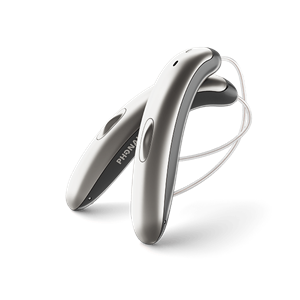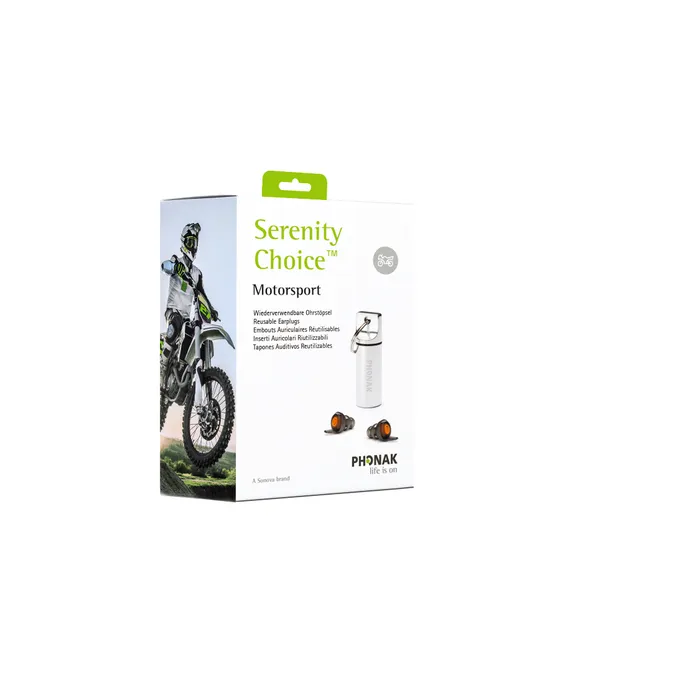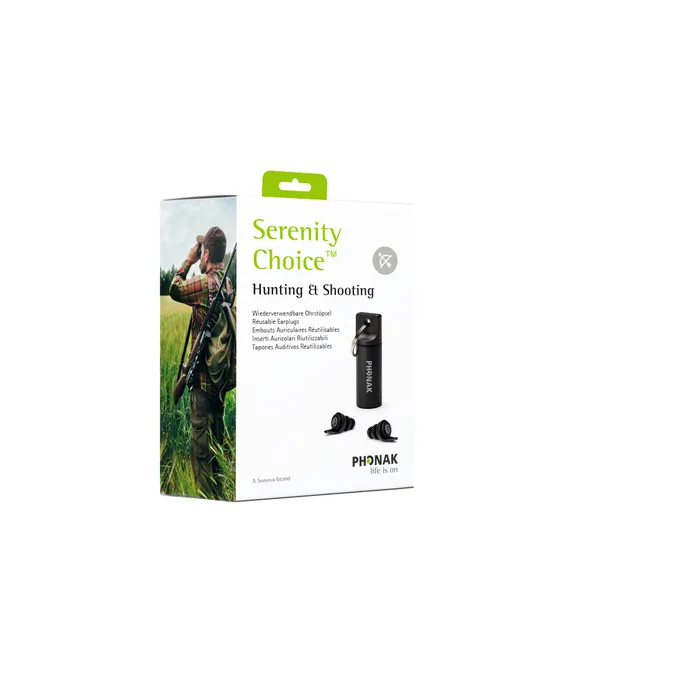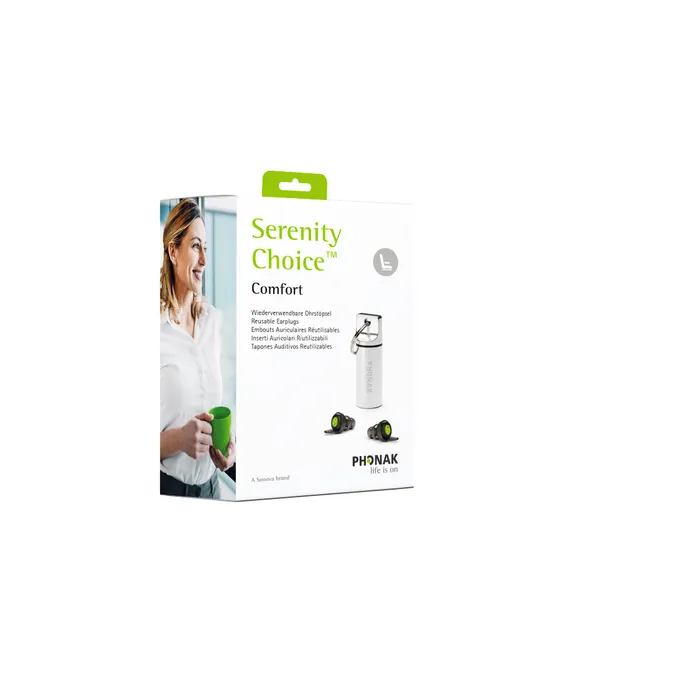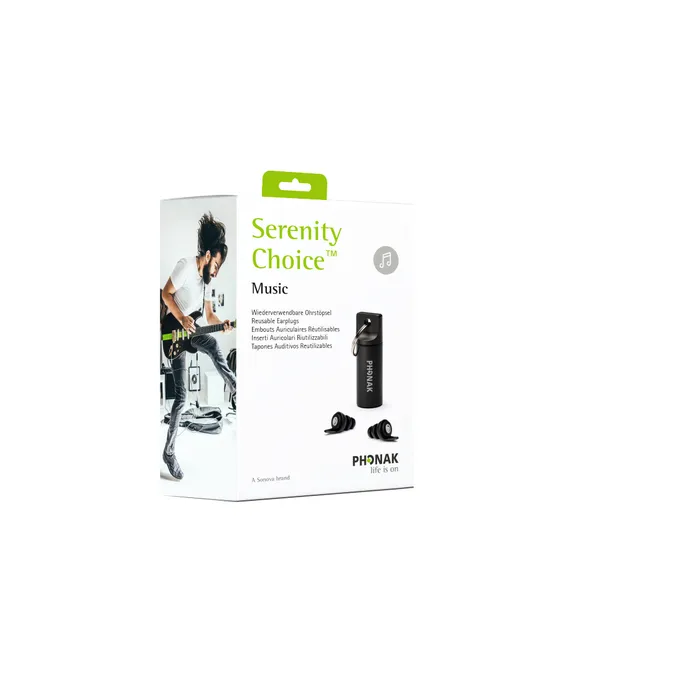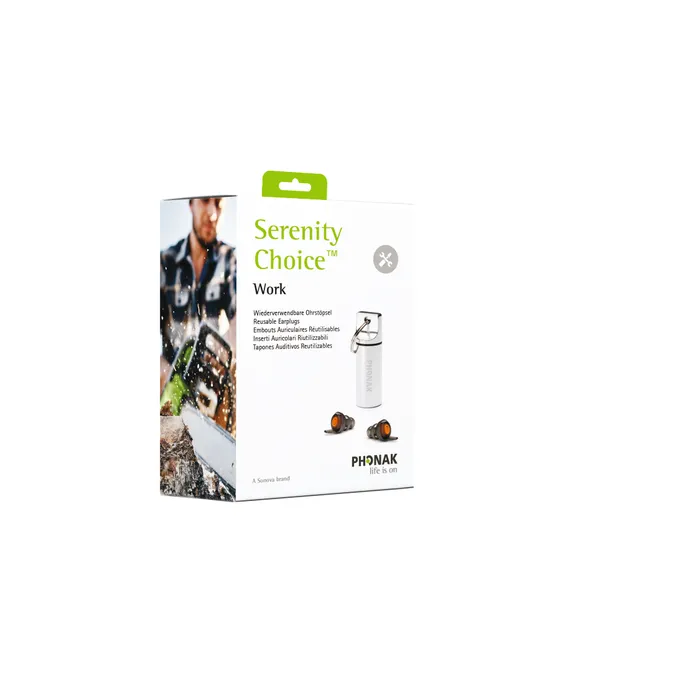Hearing protection - An investment in your health
Exposure to loud noises can lead to permanent hearing loss. Discover why hearing protection is an investment in your health.
Have you ever thought about protecting your ears before? No? Then you are not alone. Often, we don’t even think about the actual consequences everyday noises can have on our hearing. Constant noise can not only lead to hearing loss, but can also be associated with numerous other health-related risks. Here, you will find out more about the impacts of noise and how you can best protect your hearing.
Why should I protect my hearing?
Unlike the eye, which can close its lid in a fraction of a second, the ear is unable to protect itself from noise. We cannot deliberately shut off our hearing or temporarily switch it off, it is always ready to pick up sounds and noises, including loud ones. Accordingly, with regular or acute loud noise, the hair cells can suffer and even die off. In worst-case scenarios, this can lead to hearing loss.
So to ensure we maintain the ability to enjoy the full spectrum of the sounds of life, it is paramount to protect our most important sense. If not, we may no longer be able to rely on it in future, may it be in conversations or in dangerous situations.
Shop Hearing Protection Online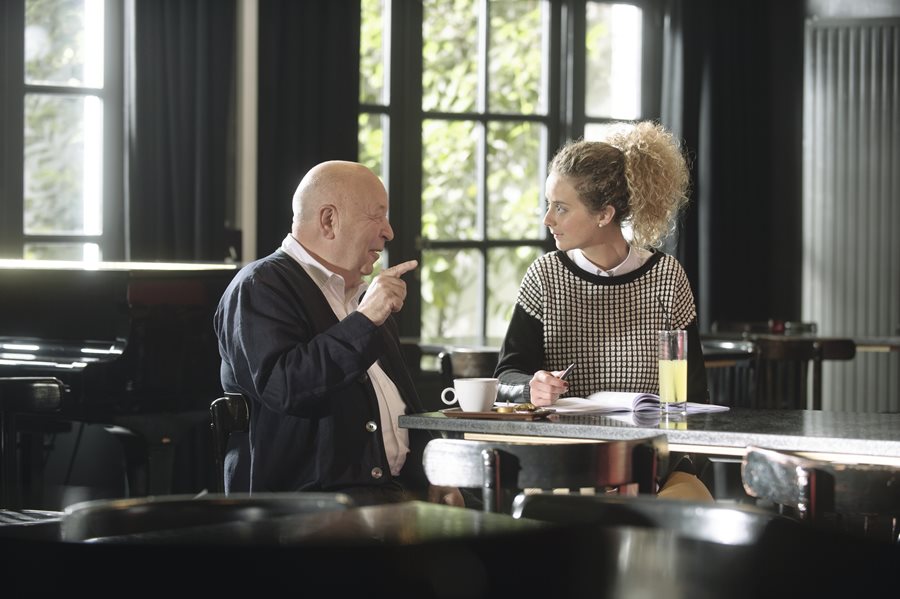
What impacts on my health can loud noises have?
Often, we are completely unaware that our hearing is at risk in everyday situations: Excessively loud music in discos, at concerts or noise from DIY work at home can quickly cause hearing loss, even in young people. Constant noise, of the type we hear on busy roads for example, is classed as being in the hazardous range at volumes of around 80 decibels, and can cause long-term damage to our hearing. In addition to noise-related hearing loss, which is affecting more and more people, loud noises can also lead to tinnitus or even sonic trauma.
Persistent noise affects not only our ears, but also our whole bodies. This is because every disruptive noise puts the body into a state of alert. This causes the excretion of stress hormones, a faster heartbeat, increased blood pressure and more rapid breathing. Further consequences of noise stress can include concentration problems, impaired performance, sleep problems, high blood pressure and even cardiovascular disease.
With the right hearing protection, you can effectively prevent hearing damage and other risks to your health.
Do I need hearing protection?
The point at which noise becomes disruptive or unpleasant varies from person to person. The pain threshold is set at 120 decibels (dB), but street noise, engine noise or even a visit to a disco involving values of over 80 dB can impair health. But exactly how loud is one decibel, or even 10 decibels? Below you will find a graphic illustrating how many decibels the following everyday noises generate.
Strategies for protecting your hearing
To avoid hearing loss, you should follow a few tips on how to protect your hearing. They are easy to follow and help to ensure that your ears are less exposed to harmful noise, allowing you to continue enjoying problem-free hearing.
By following these simple tips, you can make sure your ears continue to provide you with optimal hearing performance. You won’t have to miss a single sound!
What types of hearing protection are available?
To protect your ears from loud noises, and safeguard you from the associated impacts on your health, there is a wide range of hearing protection available to suit every situation and every need. In the following section, you can find out more about the most important categories of hearing protection:
Capsule hearing protection (ear muffs with strap)
Capsule hearing protection provides excellent sound insulation and can be worn either directly on the head, or attached to a safety helmet. Some models fold easily and can be used in the event of very loud noises or short-term exposure.
Phonak Serenity Choice™ Plus custom protective earplugs
Custom made hearing protection for regular use. Custom earplugs with different filters for each application individually sculpted for a perfect fit and maximum hearing protection. Available in two materials (silicone and acrylic
and two size options (Full Shell and Canal Mode).
Learn more about Phonak Serenity Choice™ hearing protection here.
Phonak Serenity Choice™ universal-fit reusable earplugs
Phonak Serenity Choice™ Universal hearing protection for occasional use. These protective earplugs come in three standard sizes (S, M, L), two acoustic filters and a carrying case. Different filters available for each application.
- Cancels noise and loud sounds.
- Lets the ear breathe by ventilating the ear to prevent a build up of excess moisture.
- Keeps relevant sound and speech and therefore allows situational awareness and communication.
Phonak Serenity Choice™ reusable hearing protection is available for purchase on our online store. Shop now here.
Reusable Ear Plugs
Earmolds
An impression of your ear canal is taken, which is then used to create personalized hearing protection. Personal hearing protection earmolds provide a high level of comfort and come with various sound filters. This means that the right level of noise protection can be selected for every occasion. Specially designed earplugs are available for musicians and concert-goers, motorcyclists and swimmers. Connect Hearing offers a variety of custom fitted hearing protection options, including:
Communicate Ear™
Designed for people who require two-way radio or cell communication and hearing protection simultaneously.
dB Blockers™: Vented, Non Vented and Convertible Vented
Protection that allows the wearer to hear normal conversation, maximum protection where conversation isn’t needed, and the ability to switch between conversation and non-conversation modes.
Earplugs – foam earplugs
Earplugs are made from dermatologically safe expandable foam. Before insertion, they can be rolled into a narrow cone, and once inside the ear, they adapt to the shape of the ear canal.
Plastic earplugs
These earplugs feature grip stems and a cord, depending on the model. This makes them quicker to insert and remove. They are thus ideal for working environments with alternating loud and quiet periods. They are also available mounted on a band.
Cotton earplugs
The cheapest option for single-use earplugs, cotton plugs still offer a good level of protection.
Earplugs for musicians
Superior protection without distorting tonality. Musician plugs come in four filter choices depending on the volume and frequency of music played or enjoyed. Your instrument or position in the band (e.g. relative to speakers or other instruments) will also influence filter choice. Speak with a Connect Hearing professional about the right protection for you.
If you are exposed to loud environments, or if loud noises make you anxious or unable to concentrate, hearing protection is certainly recommended. Thanks to various filters and different levels of sound insulation, appropriate hearing protection is available for a range of leisure activities. Whether swimming, motorcycling, doing DIY, or attending a festival, you can find the ideal hearing protection for every occasion at your local Connect Hearing.
VAC, WCB, WSIB, WorkSafeBC, ADP & ODSP accepted. *Hearing evaluations/tests are free for customers over the age of 18. Fees may apply where specific testing for employment purposes, reports, a copy of your results or the completion of an application is required. See clinic for full details.

